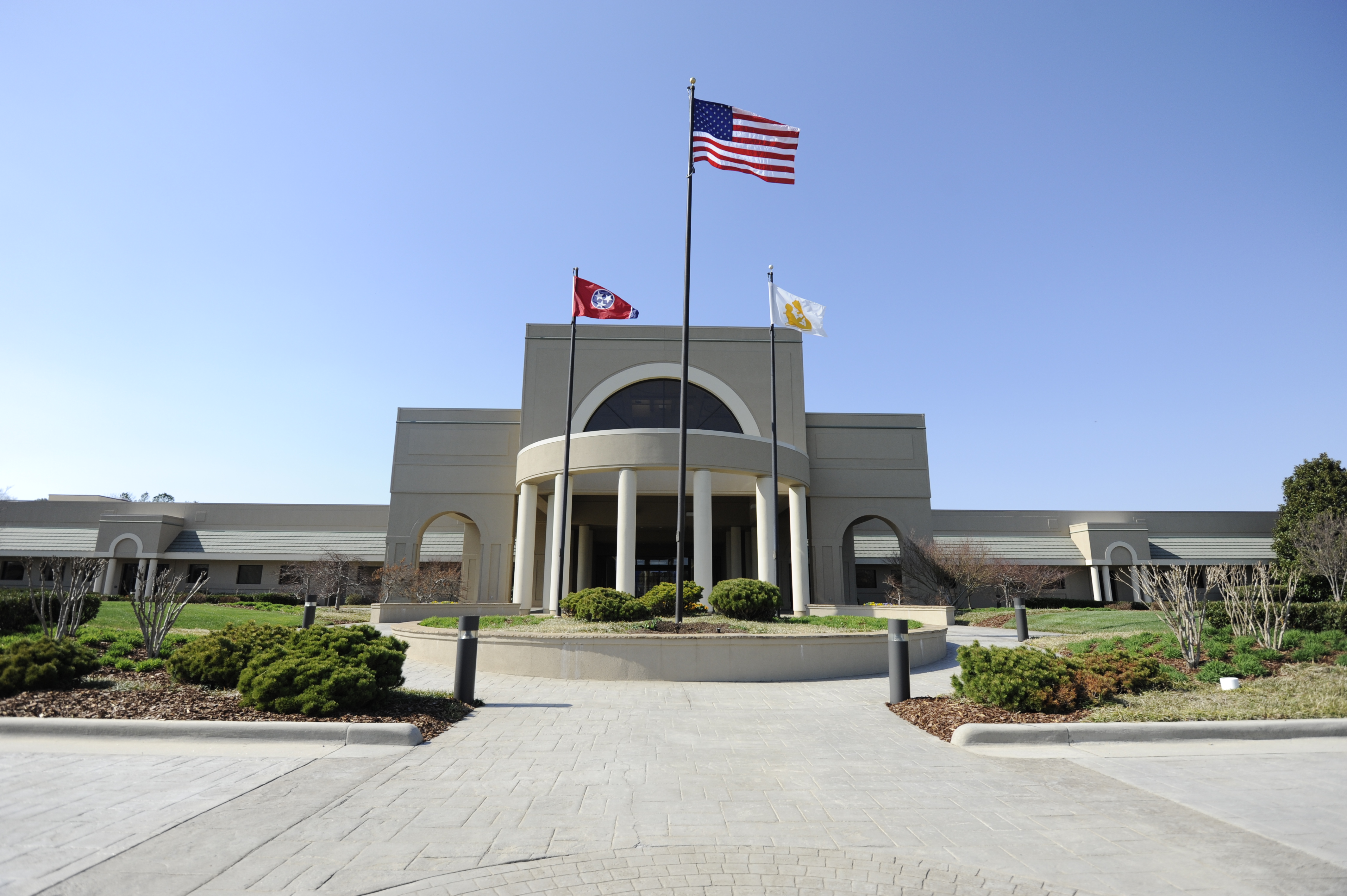Federal prosecutors allege that Cleveland, Tenn.-based Life Care Centers of America has bilked the federal government of hundreds of millions of dollars through a systematic Medicare fraud scheme since at least 2006.
Court records unsealed Friday detail allegations and a federal investigation that began in 2008 with two whistle-blower lawsuits filed by employees at facilities in Florida and in Morristown, Tenn.
Prosecutors allege that top-level Life Care supervisors issued directives to max out unnecessary and often harmful therapies to patients for the highest possible Medicare reimbursement.
"Therapists simply canvassed the facility looking for residents they could provide therapy to in order to increase billings," according to court documents. The practice "represents corporate policy throughout Life Care's skilled nursing facilities."
In an unsigned letter issued Friday to employees, Life Care disputed the government's claims, saying that the combined whistle-blower lawsuits appeared to "target" companies such as theirs and its allegations "second-guess, after the fact, the trained medical professionals who prescribed the level of care."
The letter also states that the way the company provides therapies actually saved Medicare an estimated $400 million in cost savings from 2006 to 2010.
Between 2006 and 2011 Medicare paid $4.2 billion to Life Care.
The company operates more than 200 facilities, mostly nursing homes, in 28 states.
Other investigations
Life Care is only the latest in a number of locally based health care providers that have been federally investigated for health care related violations.
In the last seven years, more than $57 million in settlements have been paid out by Chattanooga's three hospitals: Erlanger Health System, Memorial Health Care System and most recently, Parkridge Medical Center.
Patrick Burns, spokesman for the nonprofit Taxpayers Against Fraud, said the complaint showed a "devastating" pattern of fraud, including bill-padding, price gouging and up-coding.
According to data provided by Burns, $9 billion dollars was reclaimed last year alone through the False Claims Act for mostly health care related cases.
"The U.S. Department of Justice joined this case, which is a very big deal, as the government only joins about 100 False Claims Act cases a year," said Burns. "If DOJ will join a case, it means they think they have an almost 100 percent chance of going to trial and winning."
Prosecutors are seeking triple damages for money obtained through fraud. If the company is found guilty, the judge can issue fines between $5,500 to $11,000 per false claim. Life Care also would be unable to bill Medicare or Medicaid for several years.
"For the company, losing at trial would be devastating and would probably be economically fatal," Burns said. "Life Care Centers of America should be running, not walking, to the settlement table."
Such violations at nursing homes and home health care providers are growing more common, said Burns.
"With home health care, you commonly see fraudulent billing, and nursing homes have many manipulations of billing and codes," Burns said. "The business of health care now is billing."
Isaac Buck, who teaches about health care fraud and abuse at Seton Hall University's law school, said the whistle-blower lawsuit is not unusual in the spectrum of cases he has been following, but the complaint carries some "pretty damning facts."
"It seems the corporate culture at Life Care was aware, and this was a profit-driven goal. It appears patients were subjected to care that wasn't necessary, which is never a good thing," Buck said.
The gray area, Buck said, is determining on a case-by-case basis whether specific medical procedures were necessary or unnecessary.
"That really becomes a medical debate, and that's where a lot of these fraud cases live," he said.
In the late 1990s, Buck said, the U.S. government went hard after health care providers and nursing homes for falling below standards of proper care. More recently, the cases have focused on agencies that are overutilizing and overbilling procedures that are not medically necessary.
While U.S. attorneys have found increasing success uncovering fraud through data mining, Buck said that whistle-blower provisions are still the most frequent way Medicare fraud cases are uncovered and investigated.
It's the codes
Medicare-reimbursed therapies are coded at five levels, from low to ultra-high, and reimbursed at $300 to $560 depending on the type of therapy.
In 2008, nursing care facilities nationwide average 35 percent of their treatments at the ultra-high level. For the same year, 68 percent of Life Care's therapies were billed at the ultra-high level, according to court records.
One example in the court records recounted therapists carrying patients who could not walk down hallways and then billing for walking therapy, claiming the patient had walked 50 to 100 feet.
Records in the ongoing lawsuit were unsealed after the Times Free Press requested to intervene in the case.
During a Sept. 14 hearing, Assistant U.S. Attorney Elizabeth Tonkin asked that the courtroom be cleared when she learned that a Chattanooga Times Free Press reporter was present.
Times Free Press attorney Bud Jackson asked U.S. District Judge Harry S. "Sandy" Mattice to unseal the records.
"We are very pleased Judge Mattice not only allowed the newspaper to intervene in this case to seek unsealing of the file but also in recognizing that the government cannot indefinitely seal even sensitive court files," Jackson said Friday.
The U.S. attorney's office did not respond to a request for comment Friday.
